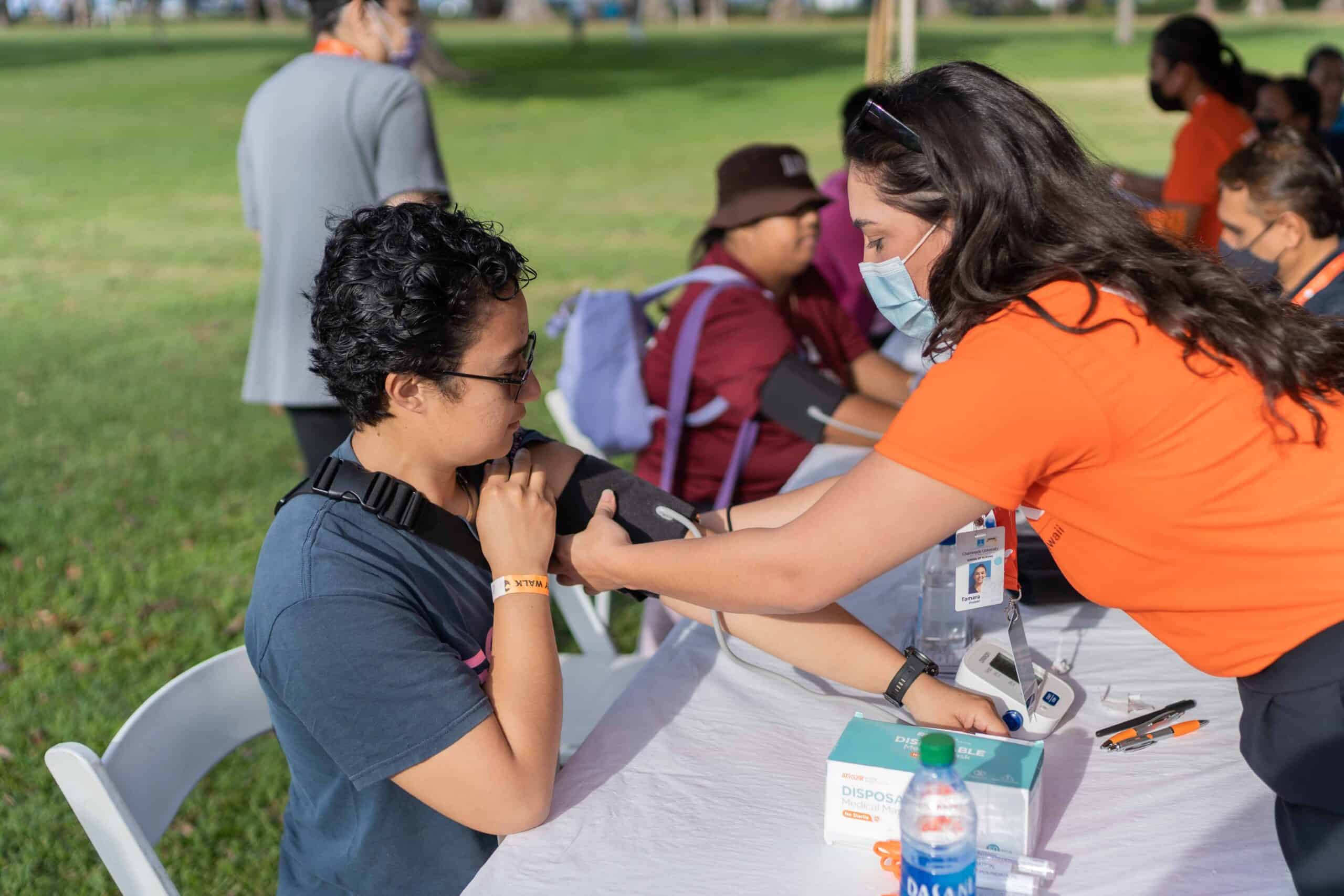Kidney stones are more common than you might think. It’s hard to pinpoint the exact reason, but one in ten people will develop a kidney stone at some point. Some factors may be genetics, not drinking enough water, obesity, high sugar and salt intake, kidney disease, weight loss surgery, and mega-dosing on dietary supplements.
As you may have guessed, diet is often at the root of kidney stones. While there isn’t a single type of diet that causes kidney stones or can cure it, many of today’s popular low-carb, high-protein diets can change the composition of urine, making kidney stone formation more likely. Not drinking enough water and consuming large amounts of fructose, like table sugar and high fructose corn syrup, are also linked to kidney stones.
If you’ve had kidney stones, figuring out the best diet to relieve or prevent more stones depends on what kind of stone you have. The most common ones are calcium oxalate, calcium phosphate, uric acid and struvite stones.
The majority (about 70%) of kidney stones are calcium oxalate stones. You might think that a low-oxalate, low-calcium diet is the best for oxalate stones. Not 100% true. While it’s important to avoid excessive oxalate (more than 50 grams a day), getting too little calcium from your diet can cause your oxalate level to rise and form kidney stones. If calcium is lacking, you will absorb more oxalate from food because calcium binds to oxalate in the gut before it reaches the kidneys. Include dairy products, sardines, canned salmon, beans and lentils in your diet. Talk to your doctor or dietitian before taking calcium supplements. If you’re not sure what foods have oxalate, a dietitian can provide you with a list, and in general, try to aim for less than 50 grams of dietary oxalate per day.
Calcium phosphate stones occur less often, about 10% of the time. A high-sodium (salt) and high-animal-protein diet increases your chance of getting phosphate stones. If you have this type of stone, replacing animal proteins with more plant-based proteins, like beans, peas, and lentils, soy foods, nuts, and seeds, can be beneficial. Again, you don’t need to be on a low-calcium diet. A dietitian can help you with limiting salt and getting the right amount of calcium.
Uric acid kidney stones occur about 5-10% of the time. We discussed gout and uric acid stones in the last blog entry. Too much animal protein and being overweight can increase your risk for uric acid stones. If overweight, losing weight can vastly improve your health and reduce your risk for stones. If tests show your uric acid levels are high, you are also at high risk for gout.
Finally, struvite stones occur about 10% of the time. Struvite is a mineral that forms when bacteria from urinary tract infections (UTI) produce ammonia. They occur more often in females. Drinking plenty of water can reduce your risk for struvite stones.
No matter what type of stone you have, the basic dietary recommendation is to drink lots of water (6-8 cups per day). Drink enough to urinate throughout the day and night. Unfortunately, there are no foods that you can eat to make existing stones disappear. They have to pass on their own or be surgically removed. There is no one-size-fits-all kidney stone prevention diet. If you need help, reach out to a registered dietitian to assist you with a specific diet to meet your nutrition needs and help prevent future stones.
This information is meant to be used as a resource and is not meant to replace medical advice. For more information, contact programs@kidneyhi.org.
Resources:
https://www.kidney.org/atoz/content/kidneystones
https://www.niddk.nih.gov/health-information/urologic-diseases/kidney-stones/eating-diet-nutrition
https://www.uwhealth.org/urology/types-of-kidney-stones/11206















